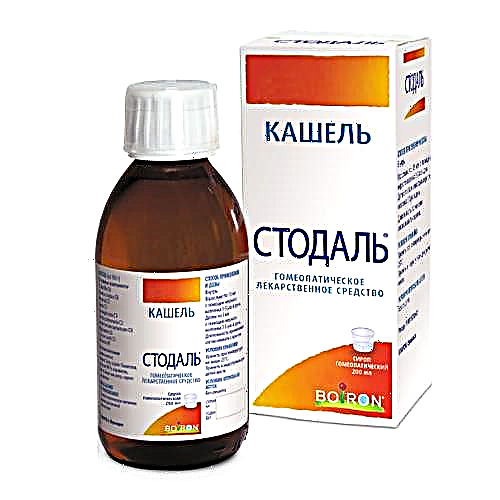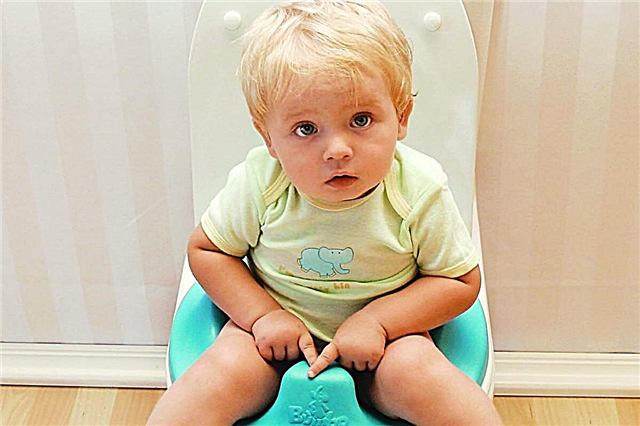
When a baby's gums swell, it affects the baby's well-being and requires an immediate response from the parents. With swollen gums, it is difficult for the baby to chew, and sometimes even talk.
In some children, gum swelling is accompanied by a high fever and other unpleasant symptoms. And therefore, it is important to understand as soon as possible why the gums are swollen and enlarged, as well as what to do to alleviate the condition of the child.
Possible reasons
Swollen gums are a symptom of such situations in a child:
- Teething of milk teeth. This is the most common reason why the baby's gums grow in size. Most often, such manifestations are noted in children over the age of 5-6 months, but in some babies, you can notice swelling of the gums even at 3 months.
- Caries. Such a disease affects children's teeth quite often, especially if their cleaning is not thorough enough, and the child's diet is high in carbohydrates. The first signs of caries are often ignored by parents, since they are represented by white spots. When the teeth begin to blacken and pain appears, the infection has already penetrated deep into the dental tissues and can trigger the development of a complication called periodontitis. It is a swelling of the gums over a sore tooth. Inside such a swelling, pus collects, which can break through the gum and form a fistula in it.
- Gingivitis. Swollen gums in children over 5-6 years old are often a symptom of their inflammation. The disease also manifests itself with increased bleeding (especially when the child eats or brushes his teeth), soreness, bad breath, and other symptoms.
- Injury to the gums. If a child has damaged the gum mucosa with a sharp object, too hard food, or got a burn, this will lead to inflammation, one of the symptoms of which will be swollen gums.
- Removal of a tooth. For some time after the doctor removes the tooth, the gum at the manipulation site will remain swollen.
- Permanent tooth eruption. As a rule, molars do not climb as painfully as milk teeth, but there is an exception - the eruption of wisdom teeth. These teeth, called "eights", begin to erupt in adolescence and cause severe discomfort and swelling of the gums where they "peck".
- Lack of vitamin C. If the baby does not receive this vitamin from food, his gums will become looser and larger in size.

How to help a child
- If the gums have become swollen and swollen due to teething, you can help the little one to relieve itching and soreness by lightly massaging the gums, chilled teething toys, or pain relieving gels. With severe discomfort, the baby should be shown to the dentist.
- If a child has swollen gums over a milk tooth affected by deep caries, and the doctor has diagnosed periodontitis, the tooth is often removed, even if the child is only 3 years old or 5 years old, and it is still far from changing teeth. This is done in order to prevent the transition of infection to the rudiment of the molar.
- If swelling of the gums is observed near a permanent tooth with caries, they try to preserve such a tooth, therefore it is treated like in adults, with the removal of infected tissues and the installation of a filling.
- When gingivitis is the cause of the swelling, the doctor will clean the teeth in the dentist's office to remove all plaque, then prescribe antiseptic rinses and topical anti-inflammatory medications.
- If the swelling of the gums is provoked by an injury, the baby should be shown to the doctor. The dentist will determine the severity of the lesion and prescribe the necessary treatment.
- If the child does not have enough vitamins and minerals, it is important to balance the nutrition of the little one, as well as consult a pediatrician to choose a suitable complex vitamin preparation.




